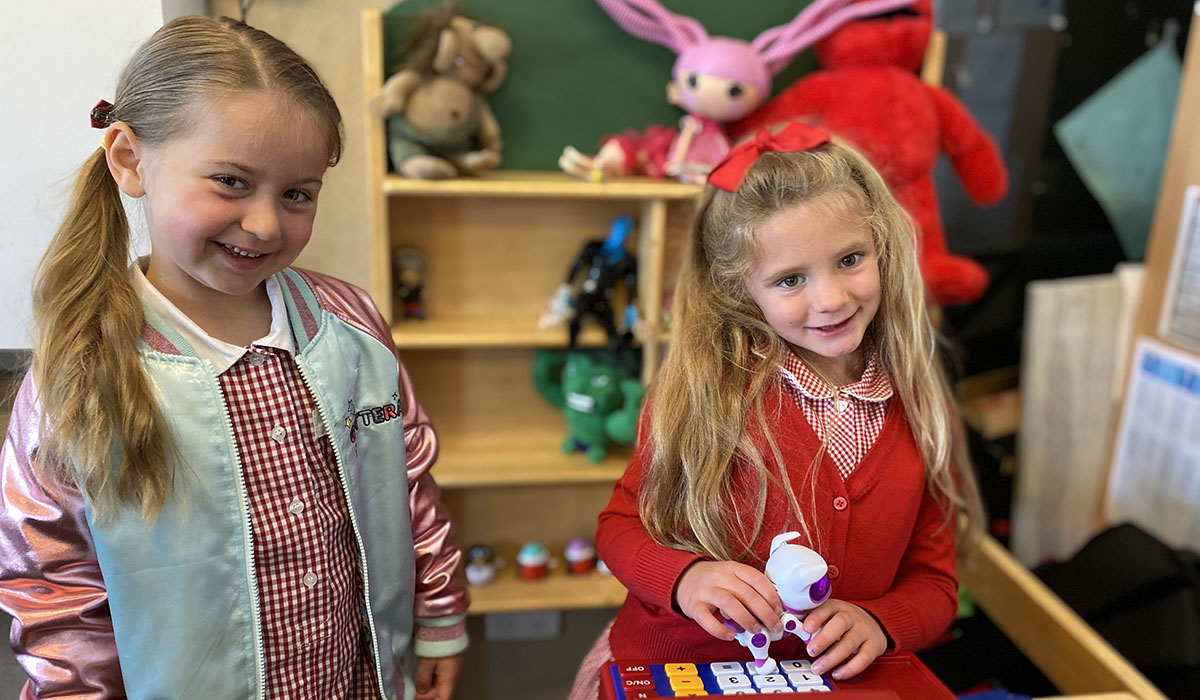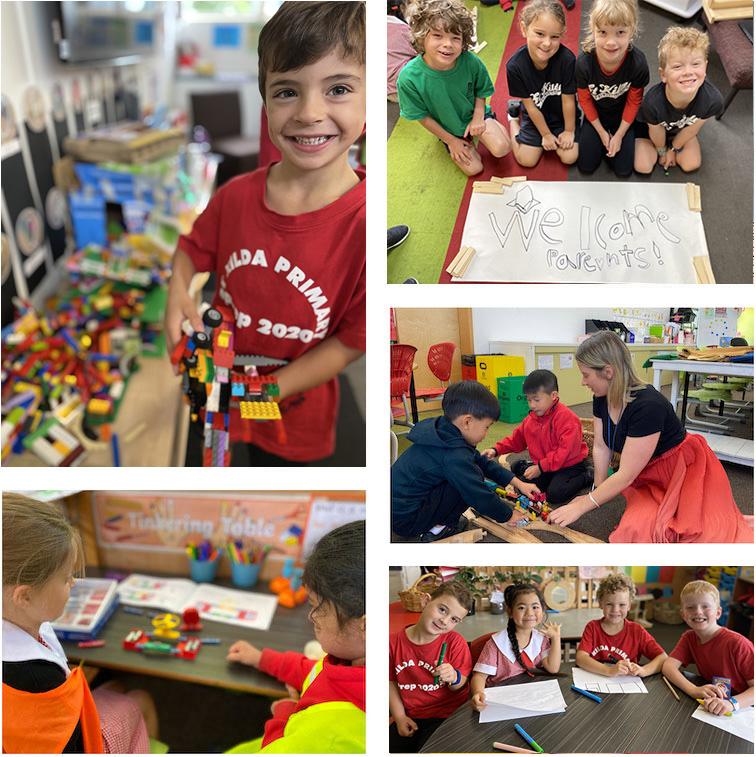SMILe

SMILë Investigations
Self Motivated Investigative Learning (Prep and Year 1)
As a school we must make school irresistibly engaging.
For children to be successful learners they need to be resilient, be able to work with others, demonstrate a growth mindset, independently solve problems, think outside the box, be curious, know how to learn and to love learning. The play-based, investigative learning that happens during SMILë supports all learners in these areas.
SMILë takes place at the beginning of the day. It provides an engaging, active start to the day and the opportunity to make authentic connections to the Literacy and Numeracy learning intentions that will follow. SMILë is a chance for children to investigate and engage in learning that they choose.
Learning Environment
The learning environment is rich, welcoming, multi-layered, diverse, student centred and intentional. The environment changes as intended learning and student interests change.
The learning environment reflects the fact that learning doesn’t just happen at tables.
Personalised Learning
Student interests are used in planning documents and to scaffold authentic and engaging learning opportunities. Learning ‘hooks’ are intentional and planned to spark learning opportunities for individual students and the group.
Rigorous
In depth planning stems from key learning intentions in the Victorian Curriculum (in particular, Literacy and Numeracy) and from the 5 key outcomes (Learning, Communication, Wellbeing, Community and Identity) from the Victorian Early Years Learning and Development Framework. Student and community interests are used to engage students in the intended learning.
Skills not Content
SMILë gives children the chance to develop 21st century skills at a developmentally appropriate level. We don’t ‘do’ topics and teach content for the sake of ‘covering the curriculum’. Rather, we embed the curriculum within the context of our school and the play-based investigations that relate to the needs and interests of the students.
Relationships
Dedicated time is scheduled and spent with daily ‘Focus Children’, being present and mindful of them as an individual, developing strong, respectful relationships with the teachers and peers. This time allows the educator the chance to scaffold authentic learning.
The Language of Learning
Learning Intentions are made explicit and sophisticated language is modelled when discussing learning.
Literacy and Numeracy
SMILë allows students to make authentic real-life connections to Literacy and Numeracy skills through intentional ‘hooks’ and quality tuning-in at the beginning of each SMILë session and reflection time at the end.
“Play acts as a forward feed mechanism into creative, courageous, rigorous thinking in adulthood.” – Tina Bruce

